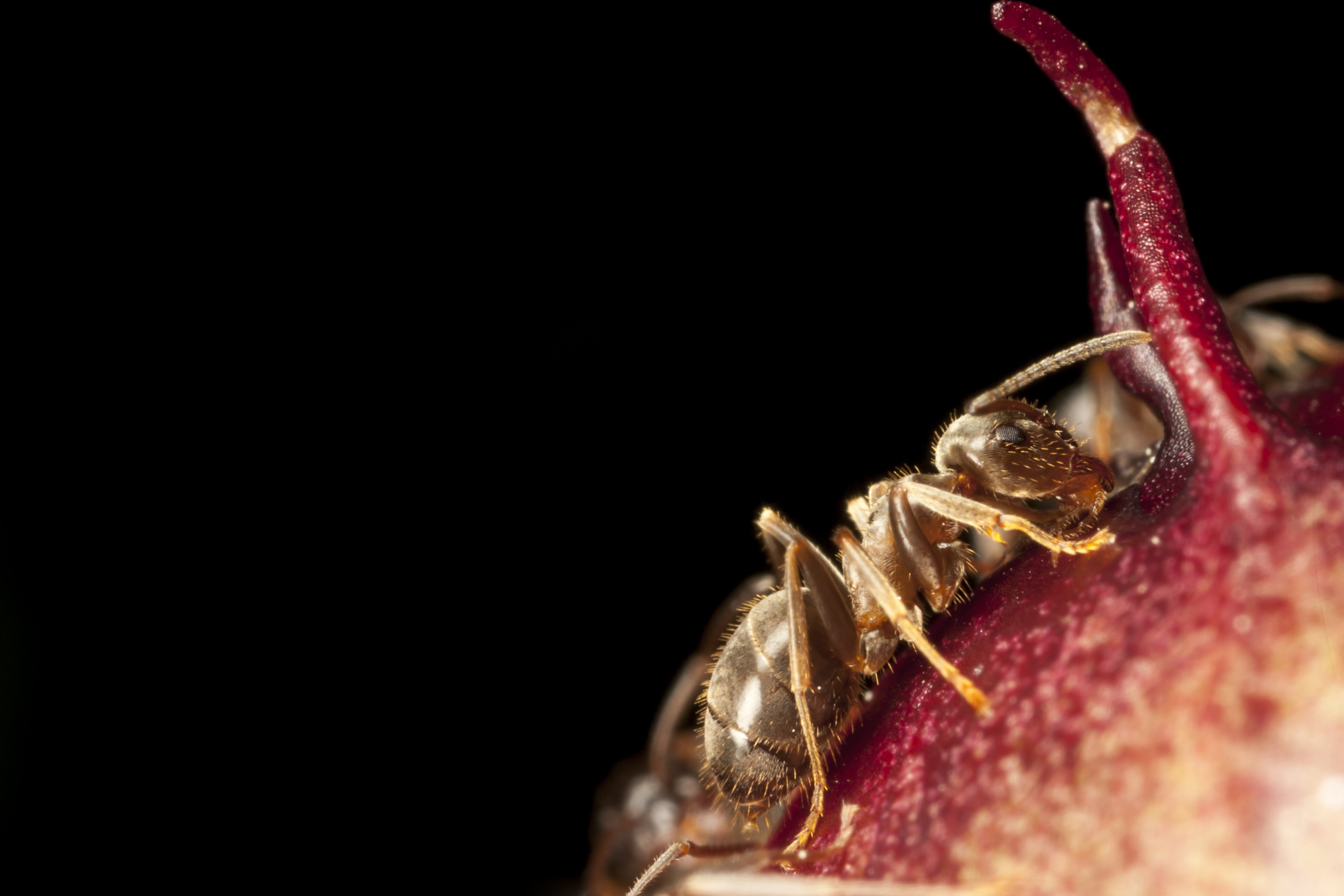Hospital managers urged to understand the risks posed by pharoah ants

Hospital estates and facilities managers are being warned to take action against a ‘tiny pest’ which could have serious implications for health services.
Pharoah ants are tiny, but can create huge colonies that will split if threatened and can potentially spiral out of control, says the British Pest Control Association (BPCA).
And, in the UK, the pests will only be found in the structures of large centrally-heated buildings – with hospitals providing an ideal habitat.
But specialist products can effectively control the heat-loving insects – which are frequently found in the boiler rooms of interconnected buildings and, quite commonly, trailing down surfaces close to high heat sources, such as ovens.
Natalie Bungay, technical manager at the BPCA, said training and knowledge were key to preventing hospital infestations.
She told hdm: “Pharoah ants are tiny, but can be a particular issue in hospitals, where they pose a serious public health risk.
“They have been found inside sterile packages and will creep under bandages to access an open wound.
Newer, indepth surveying and gel bait products mean control can be achieved within two or three weeks, but a carefully-planned and implemented strategy, delivered by a professional pest controller, is the key to success
“Pharoah ant nests can vary in size, but they can grow to massive proportions, with research finding nests containing 50,000 workers and 100,000 ants in the young stages.
“And only 5-10% of workers forage for food, so a trail of Pharoah ants down the face of a wall or machine is just a small part of the bigger picture.
“The workers may respond to danger by ‘budding’ - sometimes referred to as ‘satelliting’ – and will move pupae and young larvae away from the original colony, which can lead to the ants spreading throughout a building or complex, and the infestation spiralling out of control.”
Professional pest controllers should always be called in to tackle an infestation as specialist products and careful surveying are required for successful treatment, she adds.
“A hormone bait can be used to sterilise queens and prevent larvae from developing, but this system can mean controlling the infestation could take around four months,” she said.
“Newer, indepth surveying and gel bait products mean control can be achieved within two or three weeks, but a carefully-planned and implemented strategy, delivered by a professional pest controller, is the key to success.”